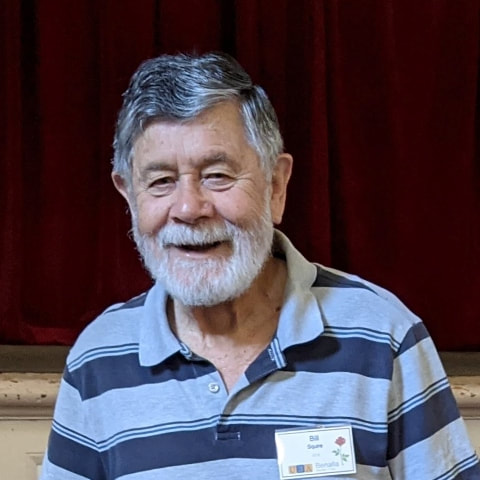During this session we listened to some 16th and 17th Century church music from South America.
Hanaq Pachap Kusikuynin
Los Coflades De La Esteyla
Kyrie (Missa San Ignacio)
Gloria (Missa San Ignacio)
Convidando esta las noche.
This was slightly martial, proselytizing but nevertheless happy music advertising the power of the church. It was brought to us by an Englishman Jeffrey Skidmore, whose passion has been to revive the choral repertoire and make it accessible to as many people as possible.
This music was happy optimistic music and not ostensibly South American – a fusion of music from the heart of Europe set in the Spanish colonies.
In the second hour we listened to The Nutcracker Suite by Tchaikovsky and Mozarts Piano Concerto No 21. Both are fantastic pieces of music. Mozart’s 21st Concerto was written for one of his subscription concerts. It was written to be played in public and to be listened to by the public. By any standard it has withstood the test of time.
Friday 8th June 2018
We listened at length to Gershwin's Rhapsody In Blue during this session. This was the first commercial classical example of Jazz Music and this symphony essentially made Jazz acceptable to established Music. Endlessly repetitive and always melodic it bounces along from movement to movement. It is made even more intriguing by often going from instrument to instrument. One leading to another – one melody leading to another. Very American in style it is an example of good 20th century music.
Friday 22nd June.
A session in which we listened to a selection of Opera Arias from Wagner, Verdi Mozart and Beethoven. All extremely enjoyable. Superb Music from Master Music makers. It is always invigorating to listen to the work of geniuses.
In our second hour we watched several YouTube films of the work of Maria Callas. Maria Callas was both a magnificent singer and a magnificent actor. Entirely believable in her many roles – especially Tosca – such was her greatness audiences watched in breathless silence until it was time to applaud and then they had to be stopped applauding.
Neville Gibb


